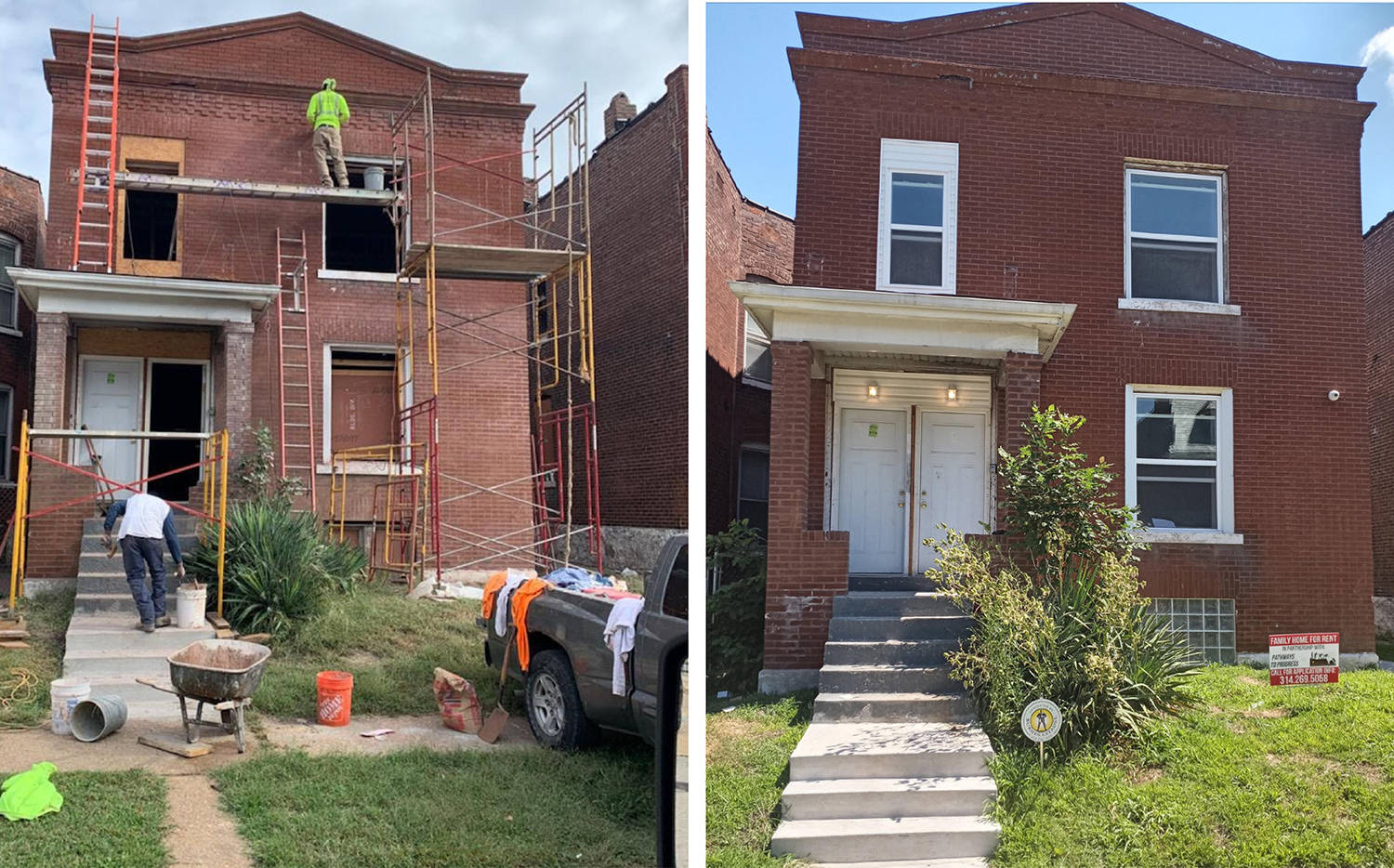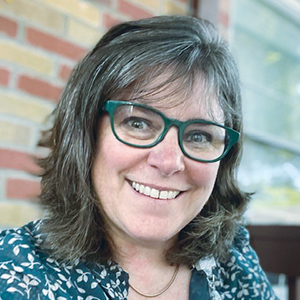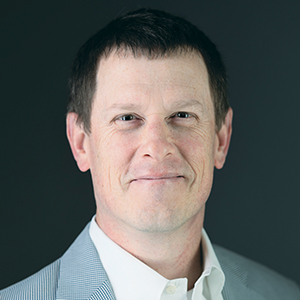
In St. Louis, healthy lives can flourish in all sorts of places: a growing trucking company, a family funeral home, a block of homes under construction in an underserved neighborhood, and a hot sauce company that got its start in a family kitchen.
All these places have received loans from the St. Louis Community Credit Union's Community Impact Deposit Program, which SSM Health and two other local anchor institutions are supporting by investing nearly $15 million in low-cost deposits, which are less expensive for banks to process than other funding sources.
SSM Health, the James S. McDonnell Foundation, and the BJC Health System recently announced their role in the program, which launched in 2022. Since then, the credit union has attracted more than $30 million in new deposits from other private, public and charitable entities. The credit union has used this money to fund more than $40 million in business loans, 90% of which has helped Black-owned enterprises.

"This is our why, right?" said Karen Bradshaw, SSM Health's regional director of community health. "Especially for those of us in community health, 20% of the factors that keep somebody healthy and well and give them the ability to thrive is the access to direct medical care. When we look at all the other factors — that other 80% — economic opportunity is a huge part of it."
Anchor institution
The involvement with the credit union started as SSM Health explored what it could do as a member of the national Healthcare Anchor Network to impact community health. The network focuses on how anchor institutions can help people and communities.
SSM Health is one of several Catholic health systems in the Healthcare Anchor Network. Other Anchor Network members include Ascension, Bon Secours Mercy Health, CHRISTUS Health, CommonSpirit Health, Intermountain Health, Mercy, Providence St. Joseph Health, and Trinity Health.
SSM Health and BJC HealthCare, the name of the system in its eastern region, also recently formed a joint venture to build and operate a regional laundry facility in St. Louis, with a goal to open in mid-2025. Both systems are part of the St. Louis Anchor Action Network.
Bradshaw said that while SSM Health, the BJC Health System, and the James S. McDonnell Foundation had been a part of the Community Impact Deposit Program since last year, they only recently made the choice to announce their involvement. She said they wanted to spur momentum for other anchor institutions to invest as well as for small business owners to borrow.
"This partnership is really our first step into this impact investing space, and it's going to be the first of many," she said.
She said SSM Health is looking across the system, which extends into Missouri, Illinois, Wisconsin and Oklahoma, for other place-based investing opportunities.
Banking motivation
Black families own on average about 23 cents for every $1 of white family wealth, according to the Federal Reserve Bank of St. Louis. Nine of the St. Louis Community Credit Union's 14 branches are in or near the poorest ZIP codes in St. Louis or St. Louis County, said Kirk Mills, the credit union's president and CEO.

The average balance of its more than 50,000 members is smaller than a typical credit union or bank customer because Black families typically don't have generational wealth, he pointed out.
The credit union is Black-owned and certified as a Community Development Financial Institution committed to supporting economically disadvantaged communities.
"We target resources to those communities that need it most," Mills said. "We think that's important."
And, he said, it's wonderful when people and institutions such as SSM Health notice, agree, and deposit money in the credit union.
"Everybody trusts their doctor, and we have fantastic health systems," he said. "So, when those folks step up and say, 'Look, having economic stability is important,' that was fantastic for us."
Andre Alexander is a pastor and the president of the Tabernacle Community Development Corp.in north St. Louis. The nonprofit renovates homes to sell and rent in addition to providing a food pantry, a community center, scholarships and job help. The nonprofit keeps checking and savings accounts with the credit union and has borrowed money to redevelop homes.
"We liked their community focus, and their willingness to invest in areas that have been previously redlined, and locked minorities out of housing," said Alexander.
